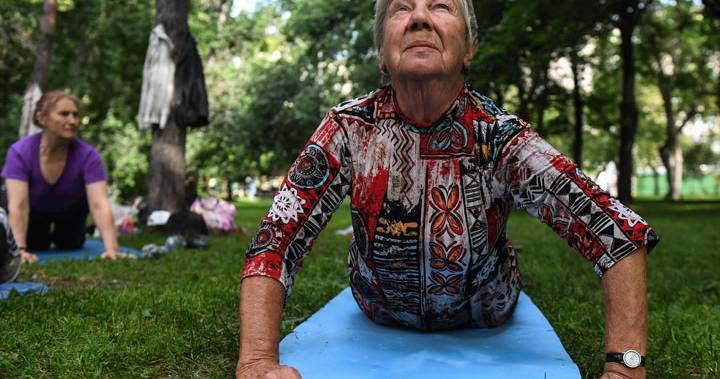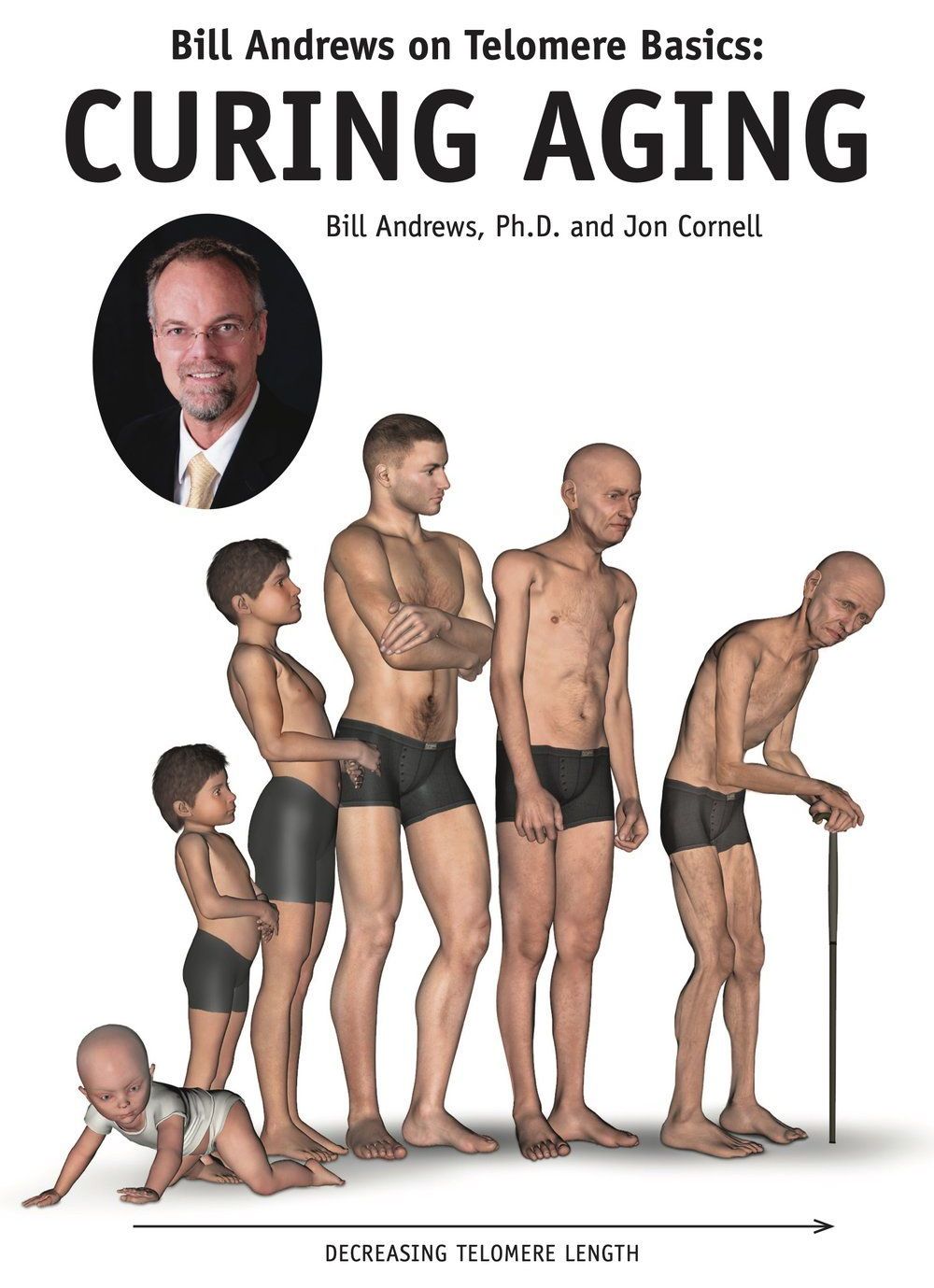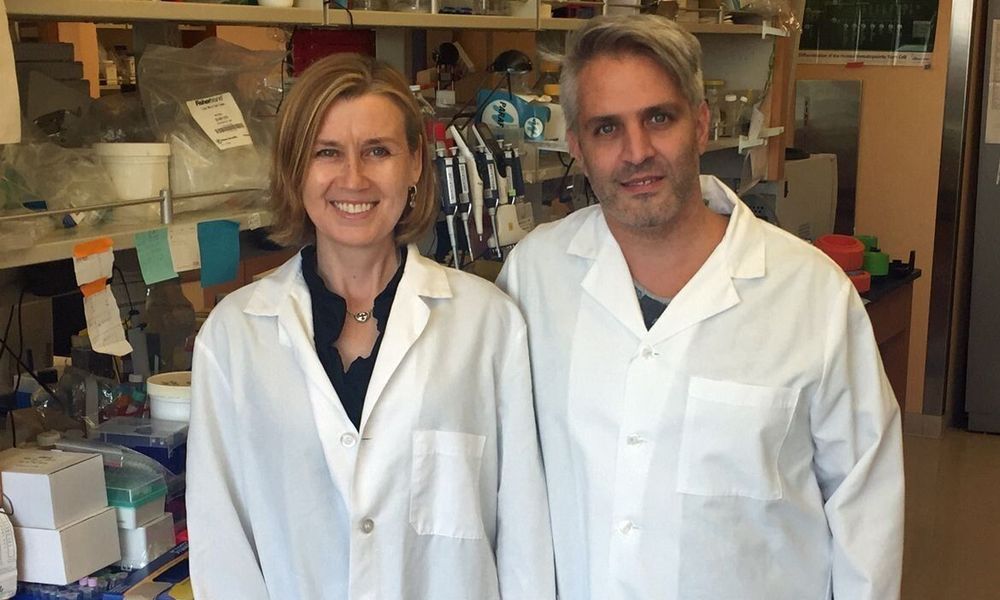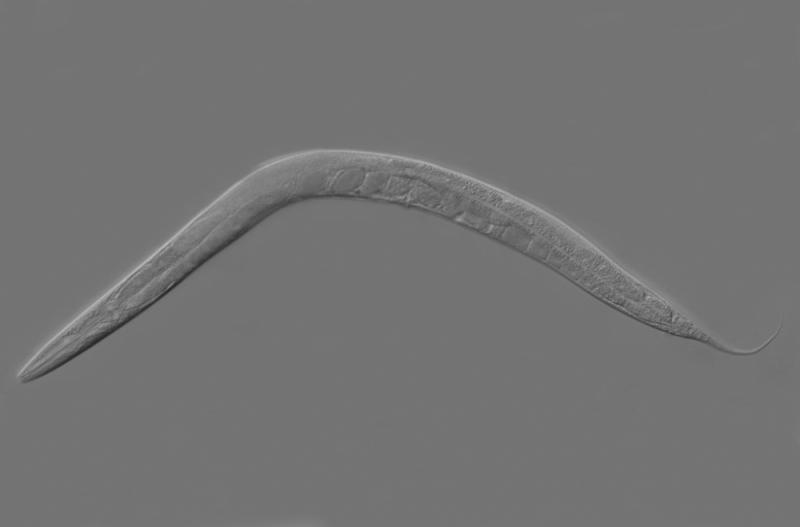Many of us are drawn to beauty in mathematics. But is that the way nature really works?



A type of artificial intelligence technique is now being used to develop new drugs and therapies and could perhaps even help to solve aging.
An urgent need for aging biomarkers
There has long been an urgent need in our field to develop increasingly accurate biomarkers of aging so that the efficacy of interventions can be gauged. Deep learning is one of the more recent techniques being applied in the search for aging biomarkers.



UCLA scientists have discovered a link between a protein and the ability of human blood stem cells to self-renew. In a study published today in the journal Nature, the team reports that activating the protein causes blood stem cells to self-renew at least twelvefold in laboratory conditions.
Multiplying blood stem cells in conditions outside the human body could greatly improve treatment options for blood cancers like leukemia and for many inherited blood diseases.
Dr. Hanna Mikkola, a member of the Eli and Edythe Broad Center of Regenerative Medicine and Stem Cell Research at UCLA and senior author of the study, has studied blood stem cells for more than 20 years.


University of Maryland researchers showed sight deprivation changes how groups of neurons work together and alters their sensitivity to different frequencies.
Scientists have known that depriving adult mice of vision can increase the sensitivity of individual neurons in the part of the brain devoted to hearing. New research from biologists at the University of Maryland revealed that sight deprivation also changes the way brain cells interact with one another, altering neuronal networks and shifting the mice’s sensitivity to different frequencies. The research was published in the November 19, 2019 issue of the journal eNeuro.

Some stress at a young age could actually lead to a longer life, new research shows.
University of Michigan researchers have discovered that oxidative stress experienced early in life increases subsequent stress resistance later in life.
Oxidative stress happens when cells produce more oxidants and free radicals than they can deal with. It’s part of the aging process, but can also arise from stressful conditions such as exercise and calorie restriction.
The technique promises to eliminate cutting, scarring, pain, and recovery time.